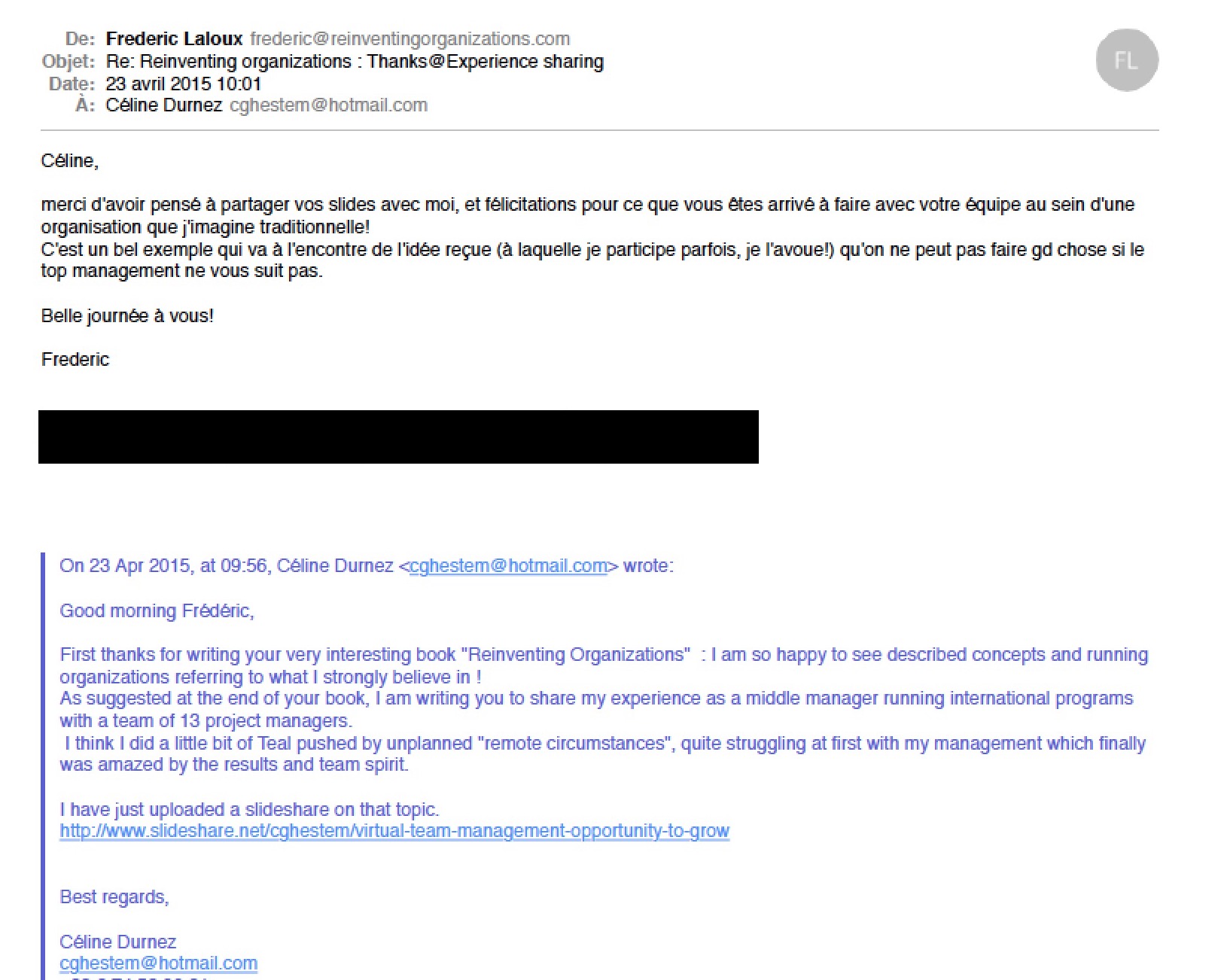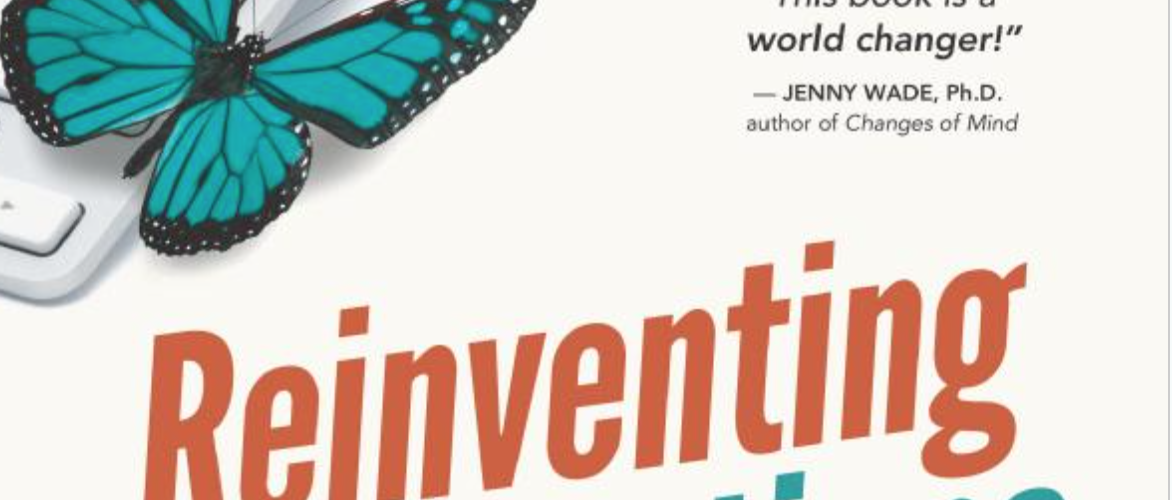“Reinventing organizations”… and projects?
Reinventing Organizations, by Frederic Laloux is seen as one of the most significant management book of the decade, described as “ground-breaking,” “brilliant,” “spectacular,” “impressive,” and “world-changing”. It influences many leaders, among others Tony Hsieh from Zappos.
[/vc_column_text]
What are key principles of Teal organizations/Holacracy ?
In his analysis, Teal Organizations are described as the most advanced kind of organizations while most of current organizations are still “power based”. Frédéric Laloux analysed 12 organizations of all types, such as AES, Buurtzorg, FAVI, Morning Star, RHD, Sun Hydraulics, and Patagonia. Through observation and engagement, he deduced what makes them work and so successful. Here are the 3 fundamental principles:
1. “Self management”: based on peers relationship rather than on hierarchical system. It includes another set of processes to make decision and work together, for instance :
- dynamic roles replace static job descriptions
- distributed authority replaces delegated authority, decisions are made locally
- rapid iterations replace big reorganizations, every team self organizes
- transparent rules replace office politics
2. “Striving for wholeness”: encouraging people to be “true to themselves and as a whole” including feminine, emotional sides in addition to the “masculine part” usually shown in professional area.
3. “Evolutionary purpose”: instead of trying to predict and control the future, members of the organization are invited to listen and understand what the organization wants to become, what purpose it wants to serve.
Teal organizations apply “simplified project management” and strategy emerges organically from the collective intelligence of self-managing employees.
Methodology is not sufficient to make projects successful
Project management is already considered as a structured way to collaborate beyond hierarchical levels and across silos organizations.
Professional project management expertise has significantly developed over the last decade in organizations and several standards and certifications are available.
However we all know that methodology is not a sufficient factor to make a project successful, and statistics show that 70% project do not meet their initial goals; Analysis shows that even if professional project management is a success factor, the main success trigger is on people side.
What can we learn from Teal organizations to better manage projects in “power based organizations”?
Teal organizations invite us to reconsider the “essence of projects” as an efficient way to turn with enthusiasm a good idea into a collective realization bringing benefits for the business.
What could that mean for sponsors, steering group members, project managers, PMO ?
- Consider everyone as a peer, encourage self management and facilitate self organization of the team. The “true power” is in collective intelligence and individual expertise, not in in formal roles, even less in hierarchical formal roles. The “true” assessment is the one made by peers and teams depending on support and added value given to them. independently of job descriptions and support accordingly;
- Value personal and collective initiatives: what makes a project successful is passion, engagement, much more than minutes, management decision, or reporting. As examples, some companies like Google, 3M, linkedin …have allowed their people to dedicate a percentage of their time to develop projects linked to their passion. This is the way Gmail was created.
- Make effort to reduce bureaucracy
Question useless part reporting : the ‘efficient level’ of reporting is the level which helps the team to manage the project and interact with other experts; any additional reporting can be fairly questioned which real interest it serves (hierarchy or business).
Adapt best practices to support the project, not to make it more complex …
As a conclusion, “Teal way of thinking” is a great help to make projects successful, transform organizations and engage people because it is the “natural” way to get the best from individuals and collective teams . This is also the way to develop “true leadership”…
Here is the slideshare I prepared about my experience and after the exchange with F.Laloux about it, so great to be in direct contact with the author.


